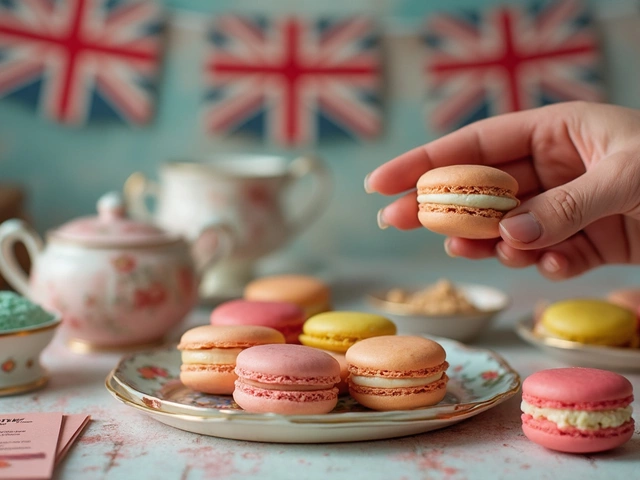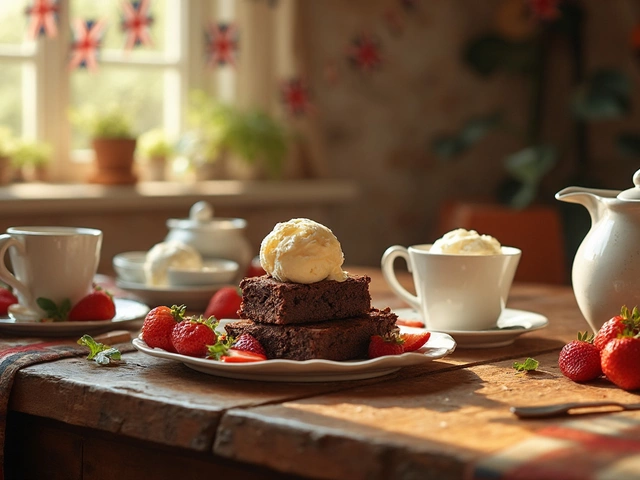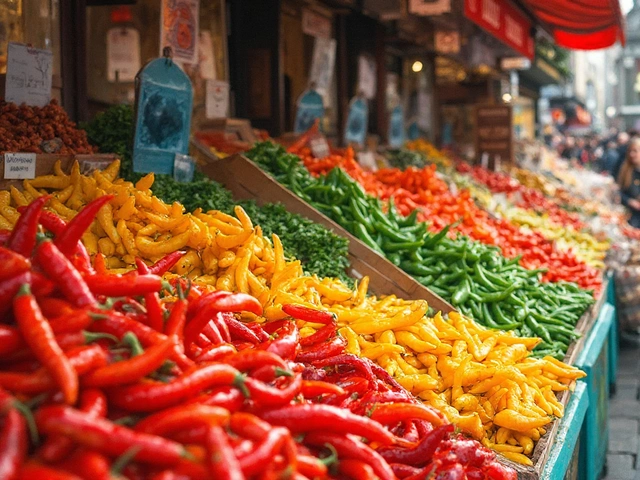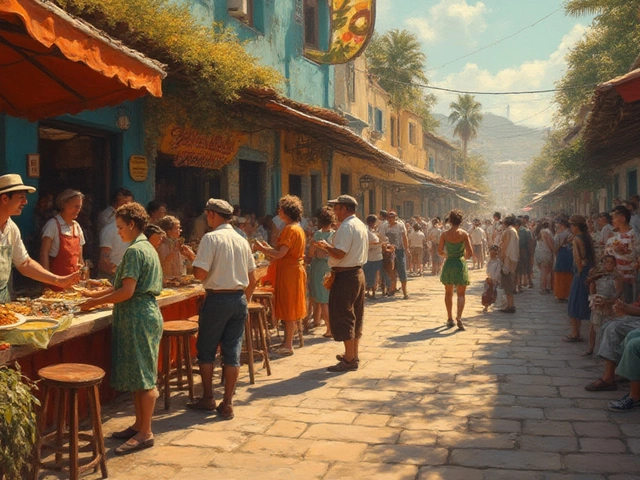French Macarons Cost: A Practical Guide for 2025
If you’ve ever wondered how much a single French macaron costs, you’re not alone. Prices can swing wildly depending on where you shop, the size of the batch, and the ingredients used. In this guide we’ll break down the numbers, explain why they differ, and share tips to keep your sweet tooth happy without breaking the bank.
How Pricing Works
Most bakeries charge between £2 and £3 per macaron, but premium shops in big cities often list them at £4 or more. A standard box of 12 usually lands in the £25‑£35 range. If you need a larger order, a 100‑piece tower can cost anywhere from £180 to £300, depending on decoration complexity.
Here are the main factors that affect the cost:
- Ingredient quality: Almond flour, real butter, and fine French vanilla add to the price.
- Size and shape: Larger shells or custom shapes require more dough and more time.
- Filling richness: Ganache, salted caramel, or fruit curd are pricier than a simple buttercream.
- Decoration: Hand‑painted designs, edible gold leaf, or intricate piping increase labor costs.
- Location: Shops in London, Edinburgh, or tourist hotspots charge a premium for rent and staff.
When you buy a pre‑made box, you also pay for packaging and the bakery’s overhead. That’s why a bulk order often looks cheaper per piece, but the total bill can still be high.
Saving Money on French Macarons
Don’t give up on macarons just because they seem pricey. Making them at home can slash the cost dramatically. A basic recipe costs around £0.60‑£0.80 per macaron when you buy almond flour and powdered sugar in bulk. For a batch of 24, you’re looking at under £20 total, including basic buttercream filling.
Here are three quick ways to stretch your dollar:
- Buy in bulk: Large packets of almond flour, confectioners’ sugar, and food‑grade colorings are cheaper per gram.
- Use simple fillings: A classic vanilla or chocolate ganache uses pantry staples and still tastes fab.
- Plan ahead for events: Order a custom box a few weeks early to avoid rush fees and get better pricing.
If you prefer buying, look for seasonal sales or local markets where independent bakers often price lower than high‑street chains. Subscribe to bakery newsletters – they sometimes offer a 10% discount on your first order.
Finally, remember that freshness matters. Macarons are best eaten within 24‑48 hours, so buying a huge box you won’t finish can waste money. Instead, order a smaller batch or split a larger order with friends.
Whether you choose to bake yourself or pick up a box from a nearby bakery, understanding the cost drivers helps you make smarter decisions. French macarons are a treat you can afford – just plan, compare, and enjoy every delicate bite.






